Choosing the wrong concrete patio contractor is one of the most expensive mistakes Twin Cities homeowners make. Poor installation leads to cracking, settling, drainage problems, and complete replacement within 5-10 years instead of enjoying 25+ years of beautiful outdoor living.
After two decades of concrete patio installation throughout Minneapolis, St. Paul, and surrounding communities, we've seen the aftermath of countless contractor disasters. The heartbreak is preventable with the right questions asked upfront.
Here are the essential questions that separate professional concrete contractors from those who will leave you with expensive problems.
Questions About Experience and Qualifications
"How long have you been installing concrete patios specifically in Minnesota?"
Why this matters: Minnesota's freeze-thaw cycles require specialized knowledge that contractors from warmer climates simply don't have. Generic concrete experience isn't enough.
Red flag answers:
- "We do all types of concrete work" (no specialization)
- Less than 5 years of Minnesota experience
- Vague responses about experience timeframes
- Emphasis on other states or regions
What you want to hear:
- "We've been installing patios in Minnesota for [X] years"
- Specific examples of local projects
- Knowledge of Minnesota climate challenges
- References to local building codes and requirements
"Can you provide references from recent patio projects in my area?"
Why this matters: Local references show consistent quality work and allow you to see results that have weathered Minnesota seasons.
What to ask references:
- How long ago was the work completed?
- Did the contractor meet timeline commitments?
- Were there any problems after installation?
- How did they handle warranty issues?
- Would you hire them again?
Red flags:
- Reluctance to provide local references
- References only from years ago
- No references within 20 miles of your location
- References who seem rehearsed or evasive
Questions About Licensing and Insurance
"What licenses and permits are required for this work, and will you handle them?"
Why this matters: Proper permitting ensures code compliance and protects you from legal issues. Legitimate contractors handle permitting as part of their service.
What should be included:
- City building permits (varies by municipality)
- Contractor licensing (state and local requirements)
- Excavation permits if required
- Electrical permits for lighting integration
Red flags:
- "Permits aren't necessary for this type of work"
- Asking you to handle permits yourself
- Uncertain about permit requirements
- Suggesting work "under the radar"
"Can you provide proof of liability insurance and workers' compensation?"
Why this matters: Uninsured contractors create liability risks for homeowners. Accidents during construction can result in lawsuits and financial responsibility.
Required coverage:
- General liability insurance: $1 million minimum
- Workers' compensation: Current policy
- Property damage coverage: For your home and landscaping
- Certificate of insurance: Naming you as additional insured
Get documentation: Don't accept verbal assurances. Request certificates from their insurance company.
Questions About Installation Process
"What specific steps will you take to prepare the base and ensure proper drainage?"
Why this matters: Base preparation determines long-term success. Proper drainage prevents water damage, ice buildup, and premature failure.
Essential preparation steps:
- Excavation depth: Typically 6-8 inches for patio areas
- Soil compaction: Proper density for stability
- Gravel base: 4-6 inches of compacted aggregate
- Drainage slope: Minimum 2% away from house
- Vapor barrier: When recommended for soil conditions
Red flags:
- Skipping base preparation steps
- Pouring directly on existing surfaces
- No mention of drainage planning
- "The concrete will handle drainage naturally"
"What concrete mix will you use and why is it appropriate for Minnesota?"
Why this matters: Generic concrete mixes fail in Minnesota's climate. Proper mix design prevents freeze-thaw damage and ensures longevity.
Minnesota-appropriate specifications:
- Air entrainment: 5-7% for freeze-thaw resistance
- Compressive strength: 4,000 PSI minimum
- Water-cement ratio: Low ratio for durability
- Fiber reinforcement: Often beneficial for crack control
Questions to ask:
- Where do you source your concrete?
- What additives are included for climate resistance?
- How do you ensure proper air content?
- What's the curing process in cold weather?
Questions About Timeline and Weather
"How do weather conditions affect the installation timeline and quality?"
Why this matters: Concrete installation is weather-dependent. Contractors who rush or ignore weather conditions create inferior results.
Weather considerations:
- Temperature limits: Typically 35°F minimum for installation
- Precipitation delays: Cannot pour in rain or snow
- Curing protection: Requirements for hot or cold weather
- Seasonal scheduling: Spring and fall optimal windows
Red flags:
- Willingness to pour in any weather
- No mention of temperature limitations
- Pressure to start immediately regardless of conditions
- No plan for weather-related delays
"What's your realistic timeline from start to finish?"
Why this matters: Rushed projects lead to problems. Quality installation requires adequate time for each phase.
Typical timeline phases:
- Design and permitting: 1-2 weeks
- Site preparation: 1-2 days
- Concrete installation: 1 day
- Curing and finishing: 3-7 days minimum
- Final cleanup: 1 day
Total timeline: Usually 2-4 weeks depending on complexity and weather.
Questions About Warranties and Guarantees
"What warranty do you provide, and what does it cover?"
Why this matters: Warranties reveal contractor confidence in their work and provide recourse for problems.
Comprehensive warranty should cover:
- Structural defects: Cracking, settling, major failures
- Workmanship issues: Installation-related problems
- Material defects: Concrete quality problems
- Duration: Minimum 2-5 years for major issues
Get warranty details in writing:
- What specific problems are covered?
- What's the process for warranty claims?
- Who pays for repairs under warranty?
- Are there maintenance requirements to maintain coverage?
Red flags:
- No written warranty provided
- Very limited warranty coverage
- Warranty only covers materials, not labor
- Complicated claim procedures
Questions About Costs and Payment
"Can you provide a detailed written estimate that breaks down all costs?"
Why this matters: Detailed estimates prevent surprise charges and help you compare contractors accurately.
Estimate should itemize:
- Site preparation costs: Excavation, base materials, disposal
- Materials: Concrete, reinforcement, additives
- Labor: Installation, finishing, cleanup
- Additional services: Permits, hauling, utilities
- Optional features: Stamping, coloring, sealing
Red flags:
- Verbal estimates only
- Vague line items without details
- Significantly higher or lower than other estimates
- Pressure for immediate decision
"What's your payment schedule, and when is final payment due?"
Why this matters: Professional payment schedules protect both parties and indicate legitimate business practices.
Reasonable payment structure:
- Contract signing: 10-20% down payment maximum
- Material delivery: Additional payment when materials arrive
- Project milestones: Payments tied to completion phases
- Final payment: Upon completion and your satisfaction
Red flags:
- Large upfront payments (over 20%)
- Full payment required before work starts
- Cash-only payment requests
- No receipts or documentation provided
Questions About Problem Resolution
"How do you handle unexpected issues that arise during installation?"
Why this matters: Every project can have surprises. Professional contractors communicate openly and solve problems fairly.
Look for contractors who:
- Communicate immediately when issues arise
- Explain options for addressing problems
- Document changes with written agreements
- Stand behind their solutions with appropriate warranties
Red flags:
- "We never have problems"
- Reluctance to discuss potential issues
- No clear process for handling complications
- History of disputes with previous customers
"What happens if I'm not satisfied with the completed work?"
Why this matters: Professional contractors prioritize customer satisfaction and have clear processes for addressing concerns.
Professional approach includes:
- Final walkthrough before declaring completion
- Punch list process for addressing minor issues
- Clear timeline for completing corrections
- Escalation process for major disagreements
Questions About Maintenance and Long-Term Care
"What maintenance will my patio require, and can you provide ongoing service?"
Why this matters: Understanding maintenance requirements helps you budget for long-term care and indicates contractor expertise.
Maintenance topics to discuss:
- Sealing requirements: Frequency and type of sealer
- Cleaning recommendations: Safe products and techniques
- Seasonal care: Minnesota-specific winter protection
- Problem signs: What to watch for over time
Service availability:
- Do they provide ongoing maintenance services?
- Are they available for future repairs?
- Can they provide maintenance products and guidance?
Red Flags That Should End the Conversation
Immediate disqualifiers:
- Door-to-door solicitation or high-pressure sales tactics
- No local address or temporary business setup
- Requests for full payment upfront
- No written contract or estimate provided
- Can't provide insurance documentation
- Pressures for immediate decision
- Prices significantly below market (likely cutting corners)
- No references from recent local work
Documentation You Should Receive
Before any work begins, ensure you have:
Written contract including:
- Detailed scope of work
- Materials specifications
- Timeline with milestones
- Total cost breakdown
- Payment schedule
- Change order procedures
- Warranty terms
- Contact information
Supporting documentation:
- Proof of insurance
- License verification
- Permit applications
- Material specifications
- References list
Why These Questions Matter: Real Examples
Case Study 1: The Drainage Disaster A Twin Cities homeowner hired a contractor who didn't ask about drainage. The beautiful new patio collected water against the foundation, leading to basement flooding and $15,000 in repairs.
Case Study 2: The Weather Rush Job Another contractor pushed to pour concrete in 30°F weather, claiming it would be fine. The patio developed surface scaling within six months and required complete replacement.
Case Study 3: The Permit Problem A homeowner discovered after installation that their contractor didn't pull required permits. The city required tearing out and rebuilding the patio to code compliance.
These disasters were preventable with the right questions asked upfront.
How Preferred 1 Concrete Answers These Questions
At Preferred 1 Concrete, we welcome these questions because they demonstrate your commitment to making an informed decision. Here's how we respond:
Our qualifications:
- 20+ years of Minnesota concrete patio experience
- Family legacy in concrete dating to the 1980s
- Local reputation with hundreds of satisfied customers
- Transparent communication throughout every project
Our process:
- Detailed consultations addressing all your concerns
- Written estimates with complete cost breakdowns
- Proper permitting handled as part of our service
- Quality materials specifically chosen for Minnesota climate
- Professional installation with attention to every detail
We believe informed customers make the best customers. When you understand what separates quality concrete work from cheap installation, you'll recognize the value of professional service.
Your Next Step: The Right Way
Don't let the pressure of contractor selection overwhelm you. Taking time to ask the right questions and evaluate responses carefully will save you thousands in potential problems.
Ready to start your concrete patio project the right way? Contact us for a consultation where we'll gladly answer every one of these questions and any others you have.
What you'll receive:
- Honest answers to all your questions
- Detailed written estimate
- References from recent local projects
- Timeline for your specific project
- Complete understanding of the process
Don't trust your outdoor living investment to contractors who avoid these questions or provide vague answers. Choose professionals who welcome your scrutiny and demonstrate their expertise through transparent communication.
Start your project right with contractors who earn your trust through knowledge, experience, and commitment to your satisfaction.


.png)



.png)



.png)



.png)



.png)



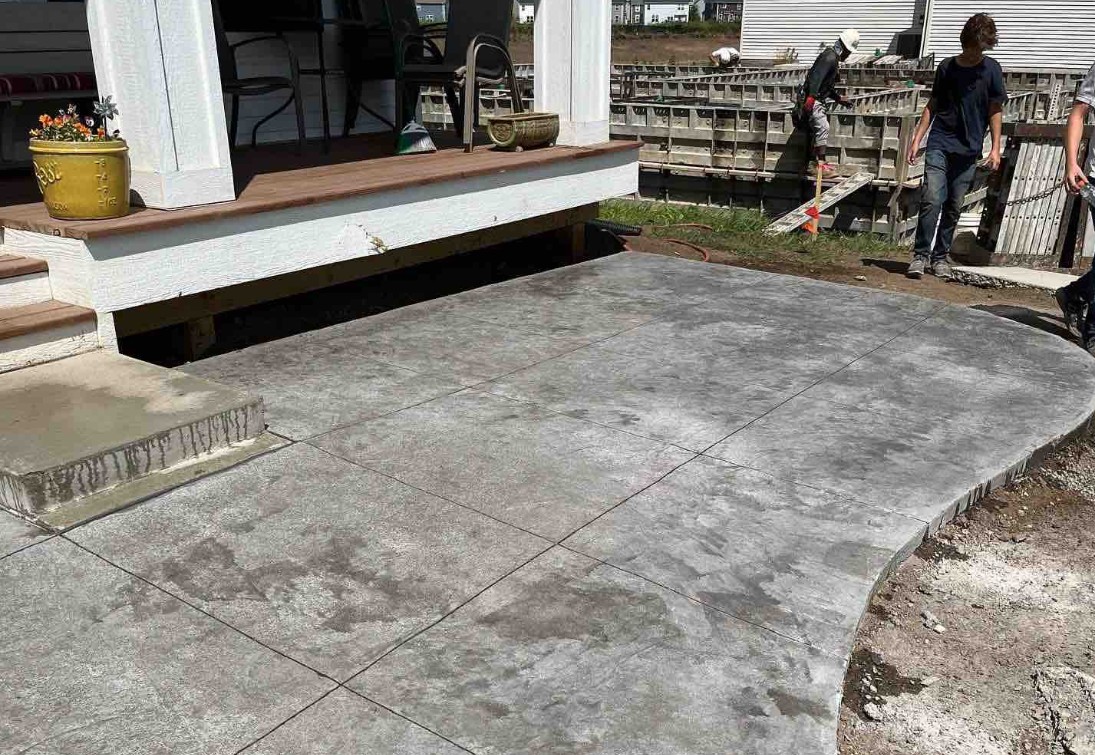



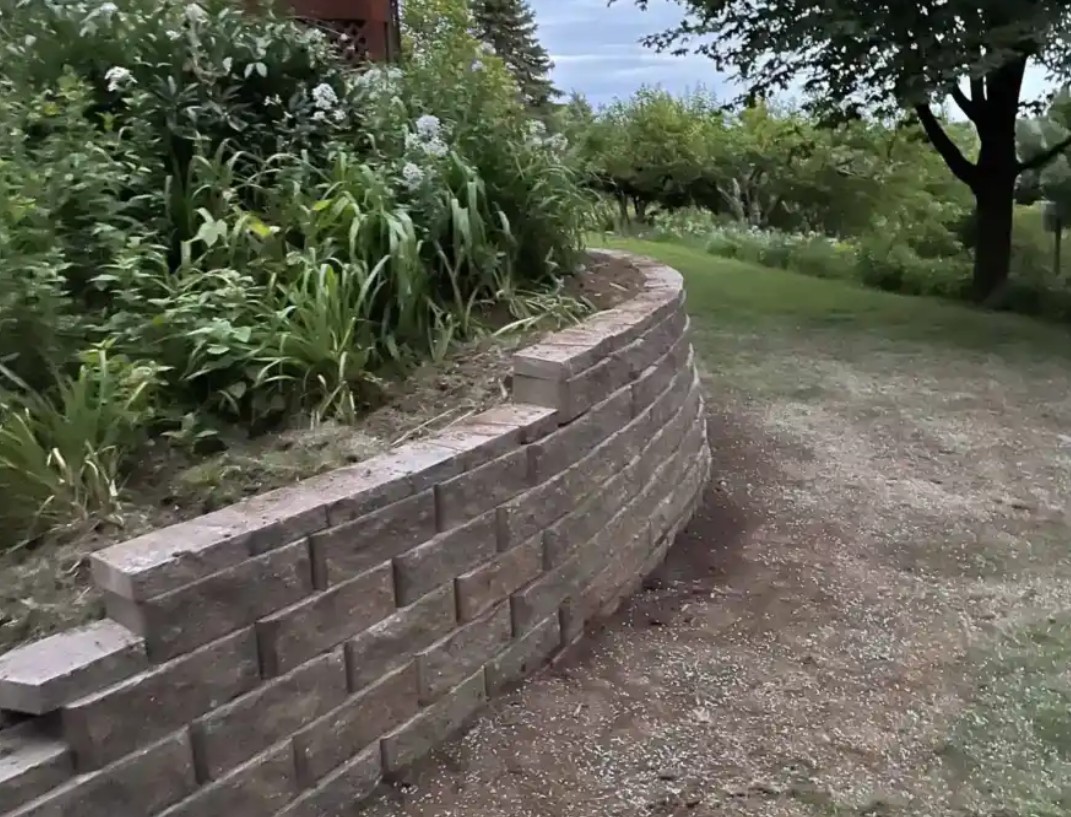



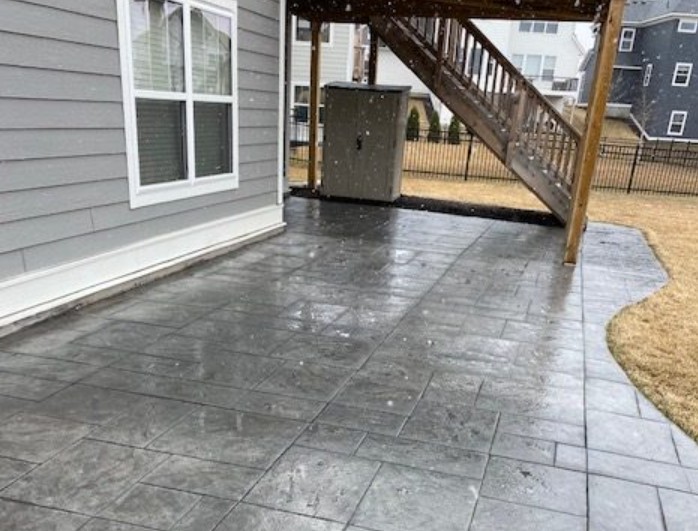



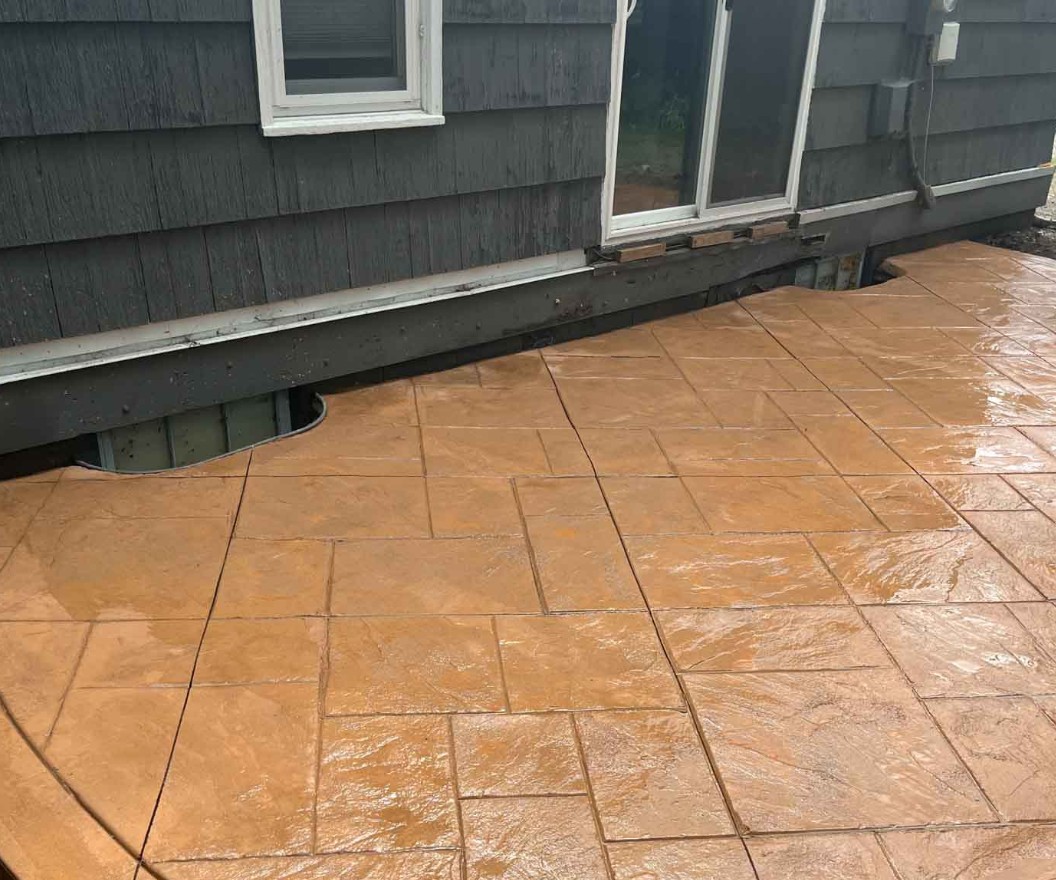



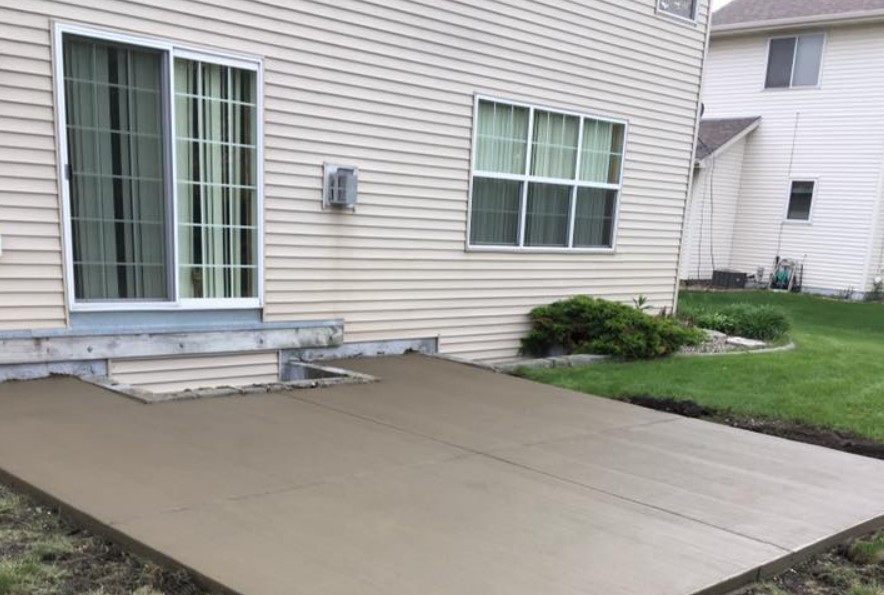



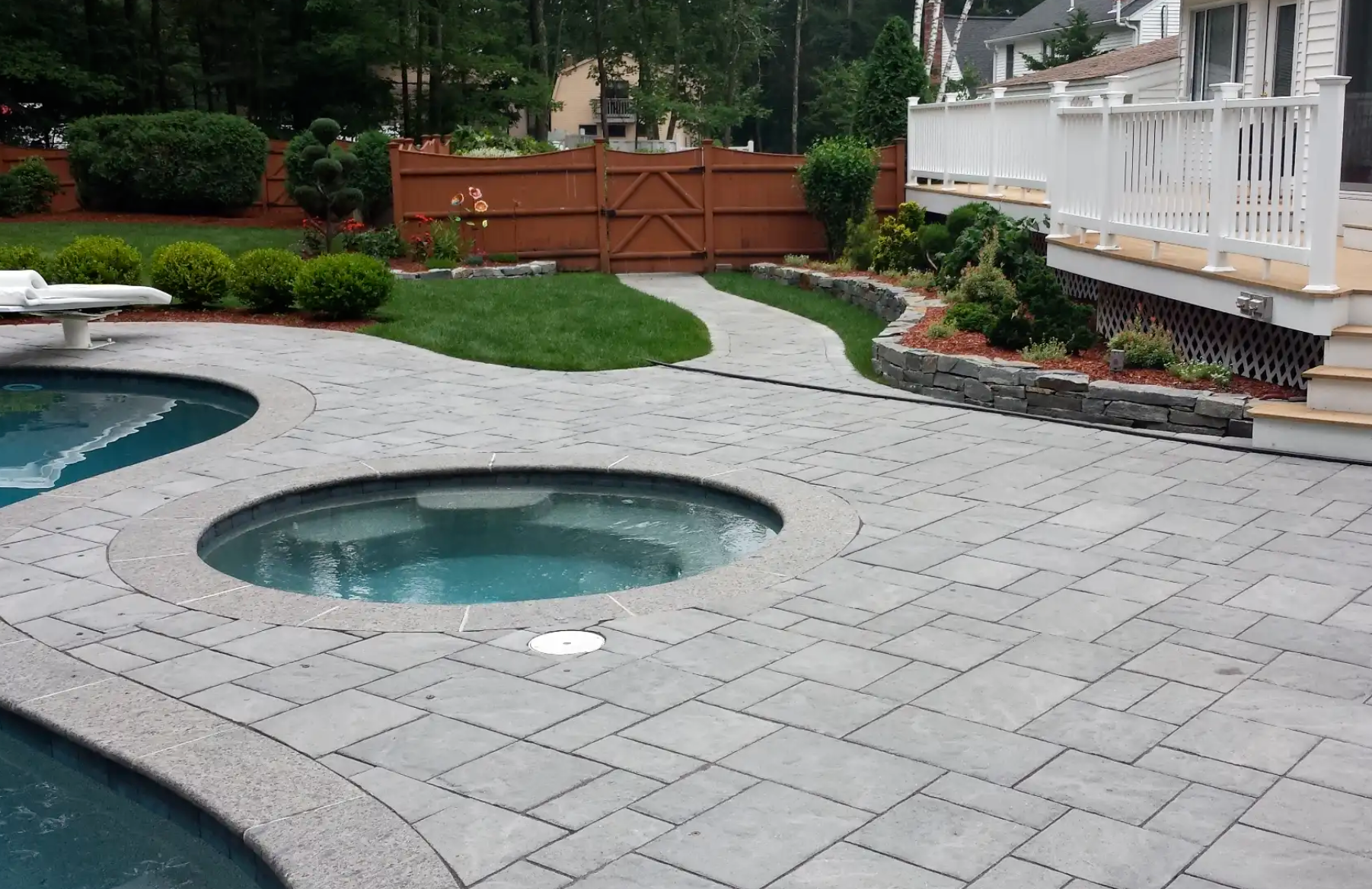



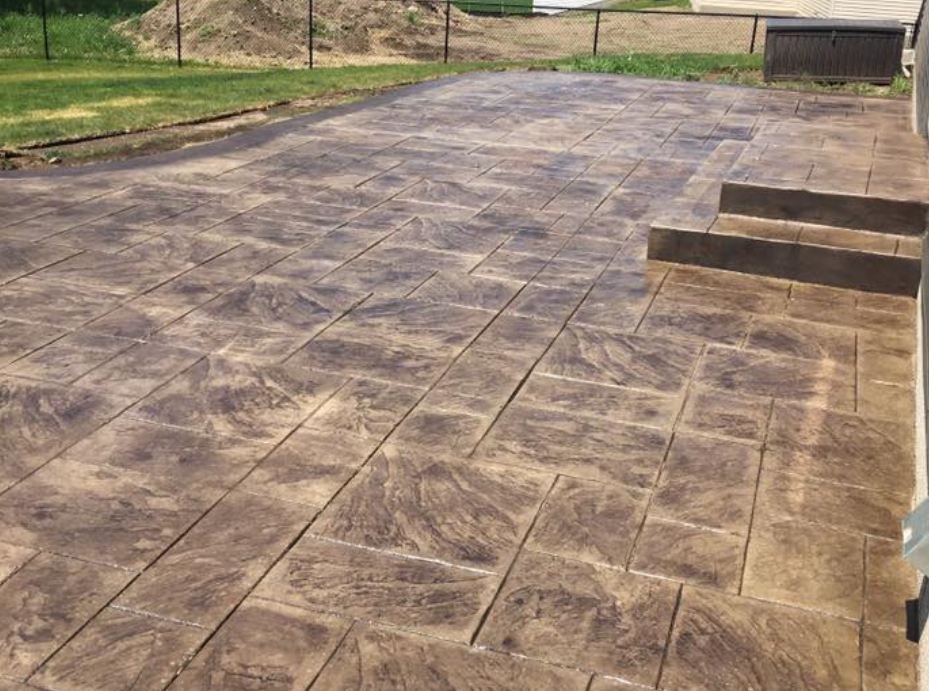



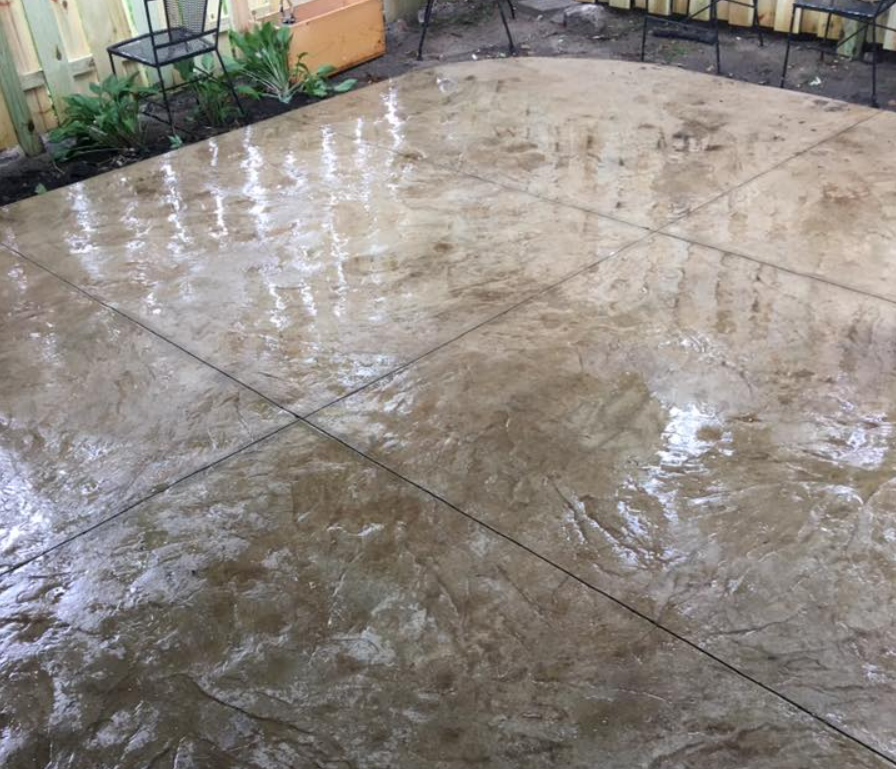



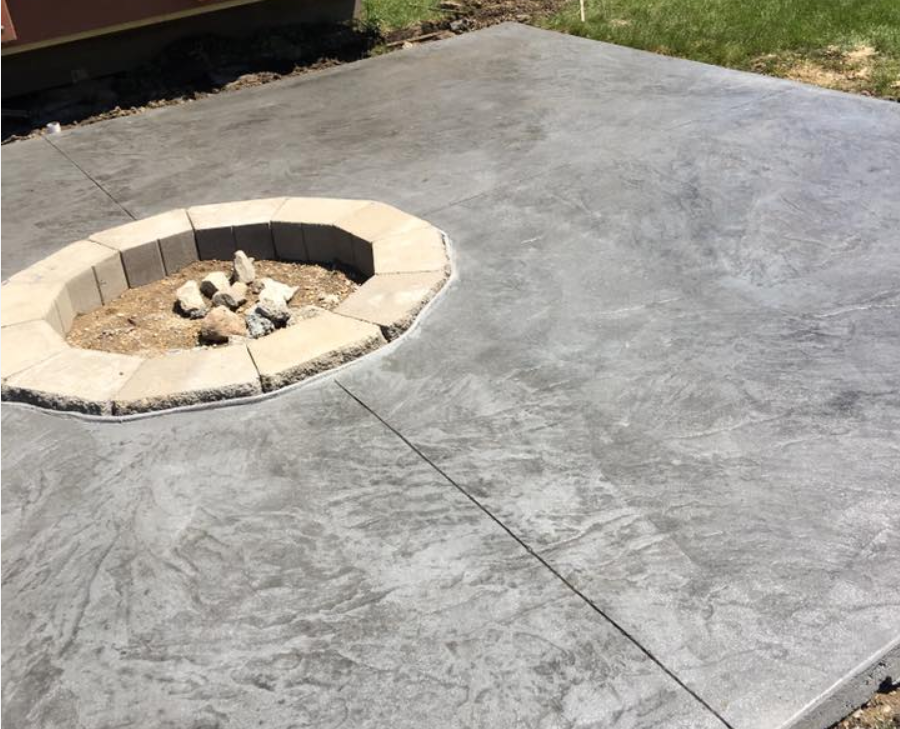



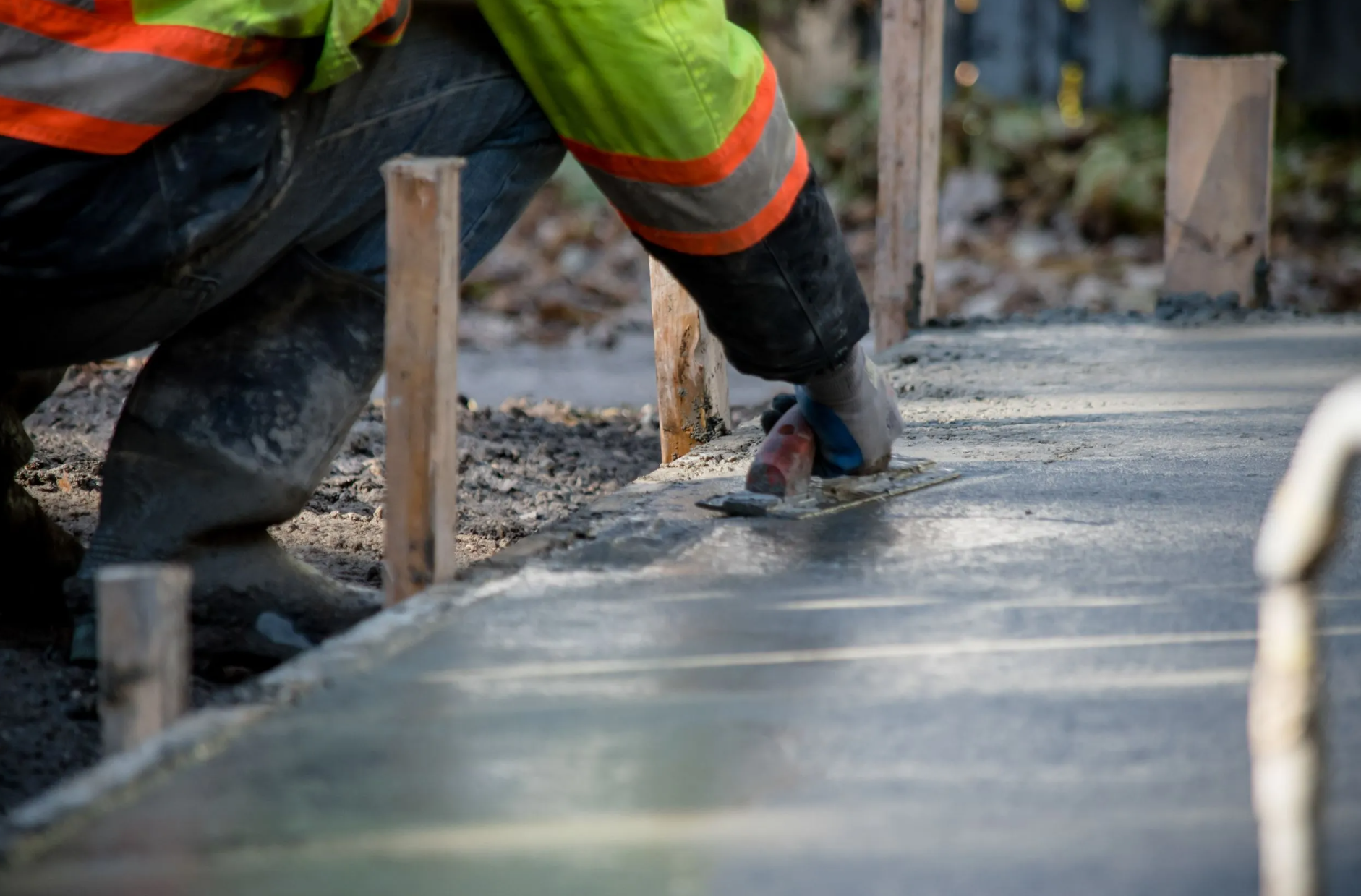







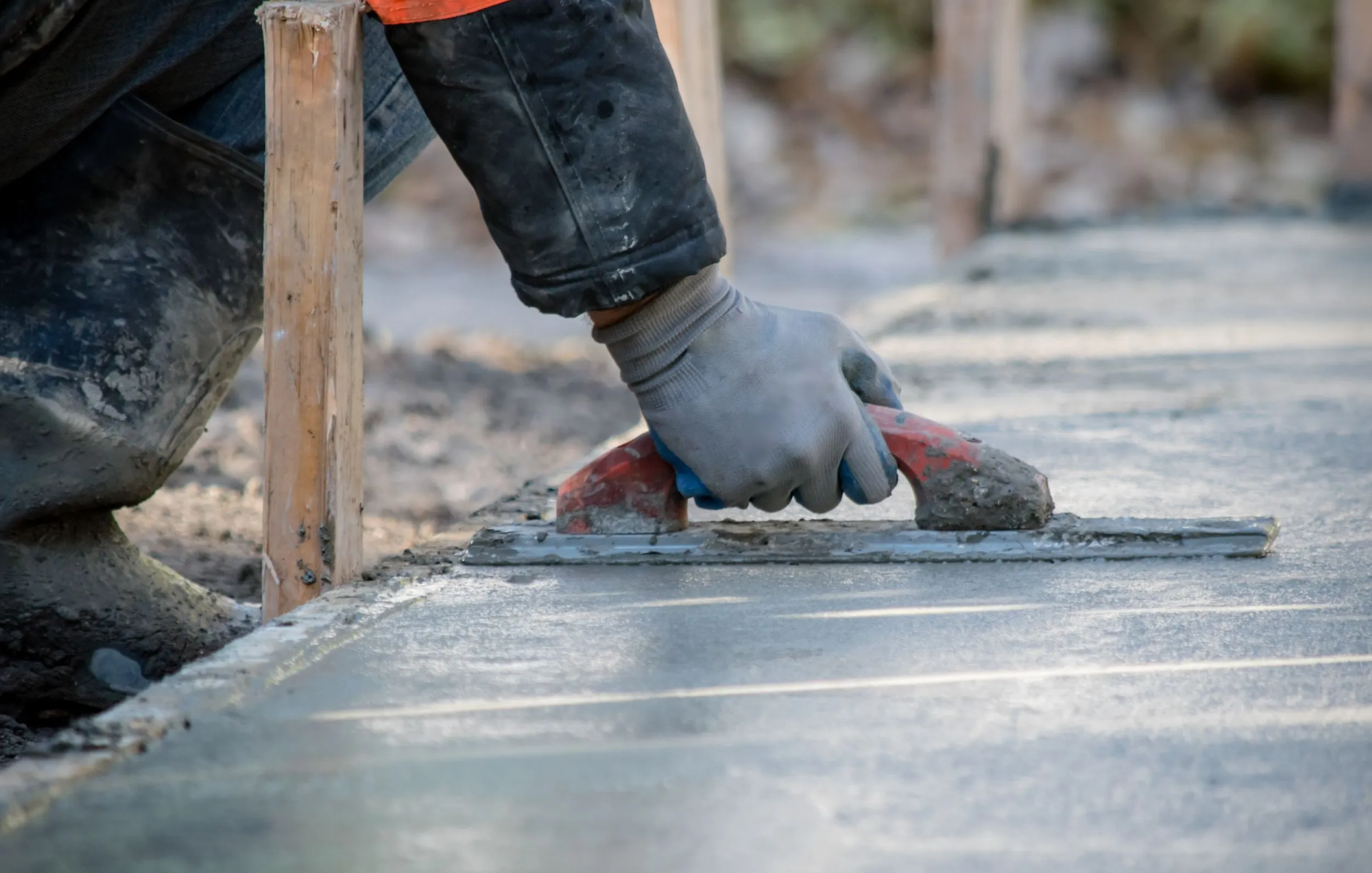



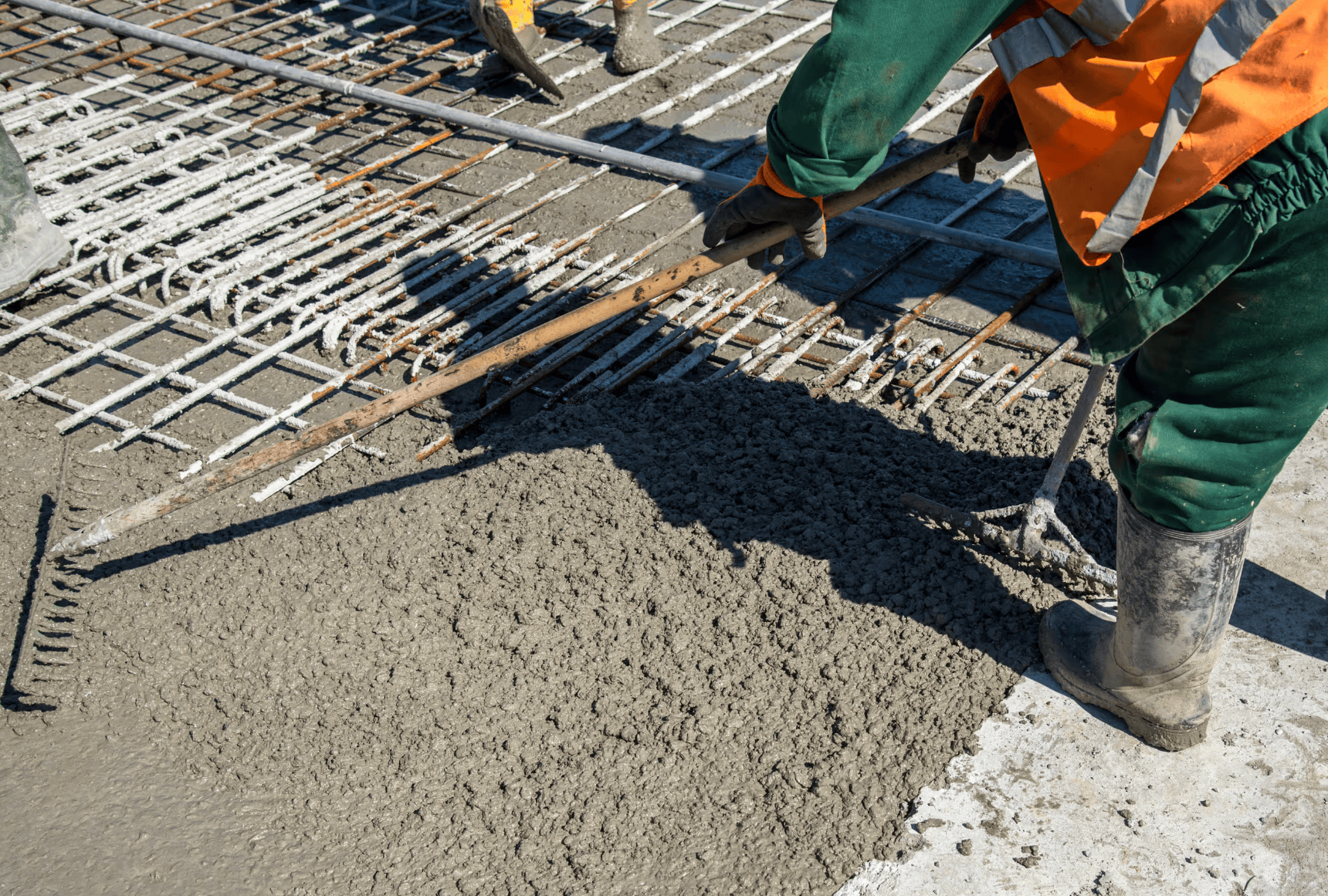



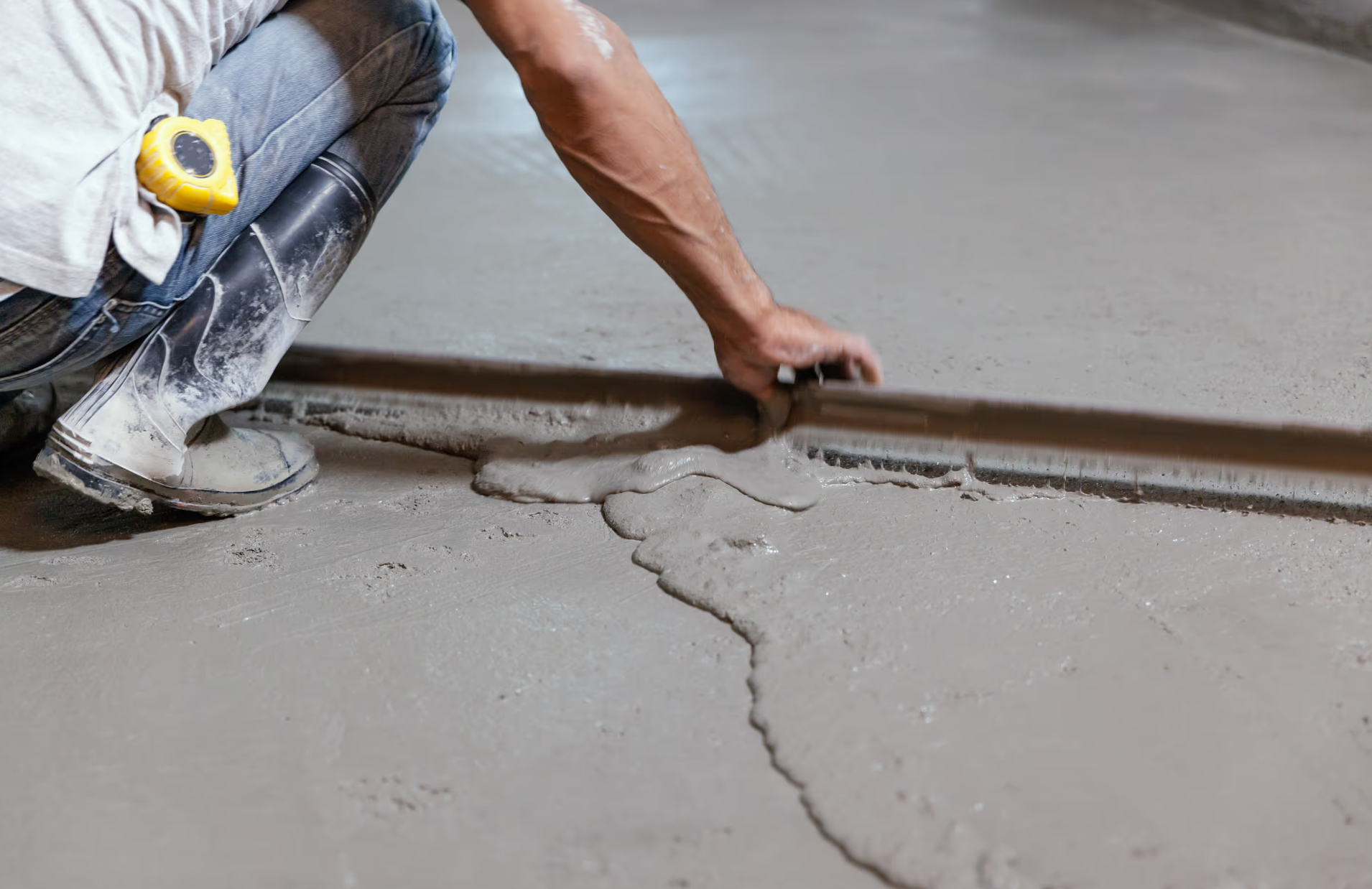











































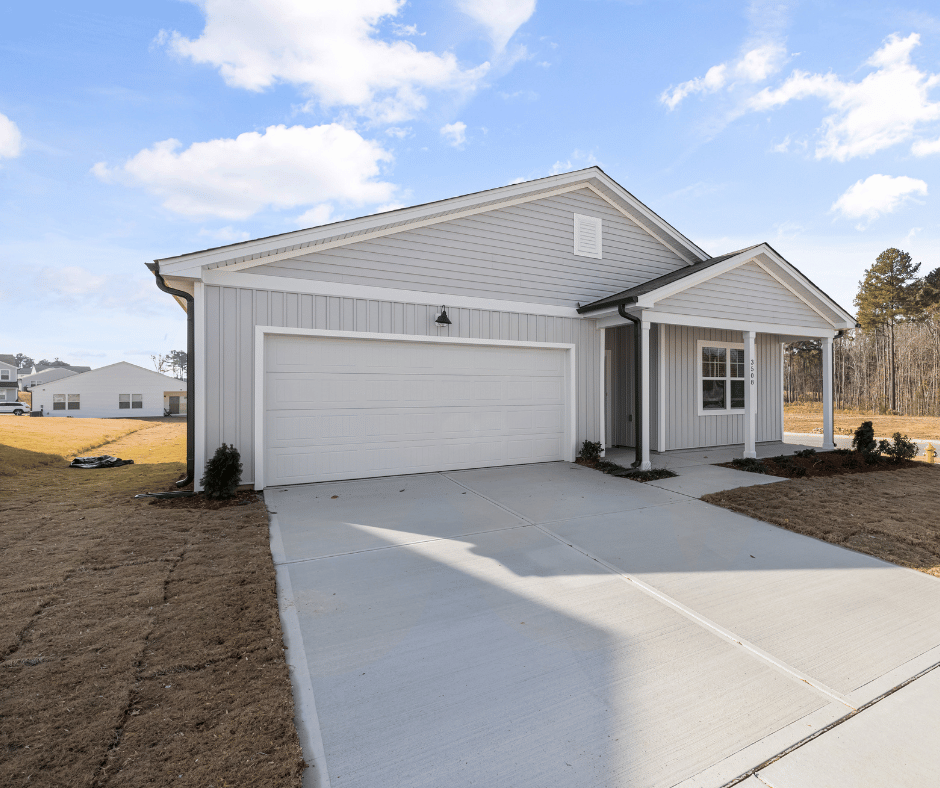



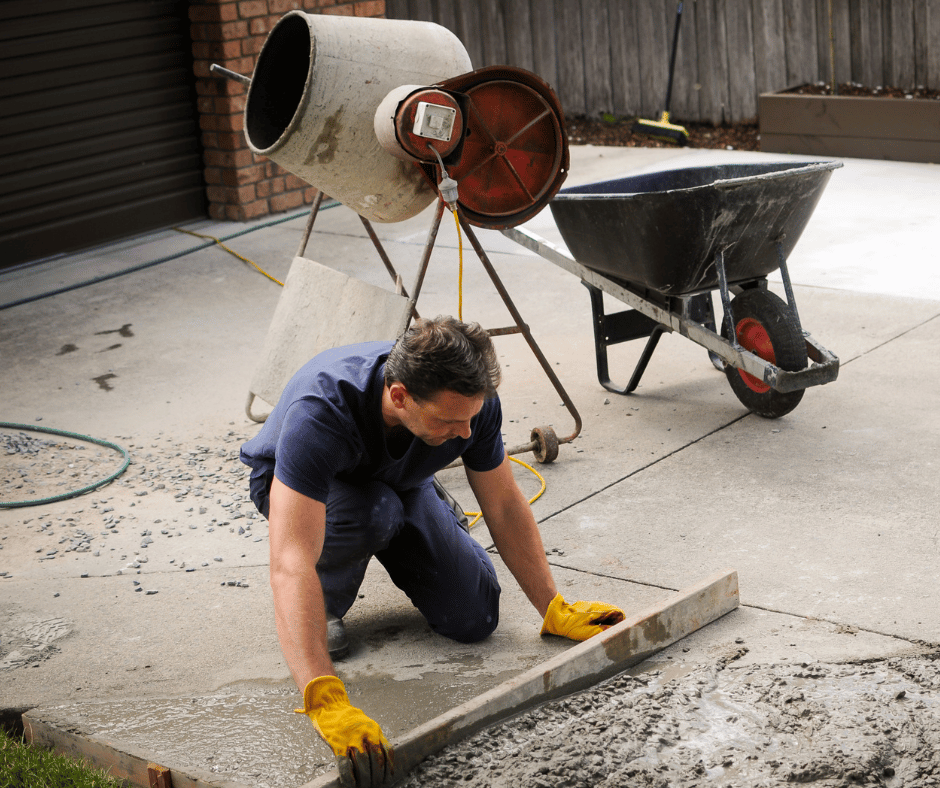



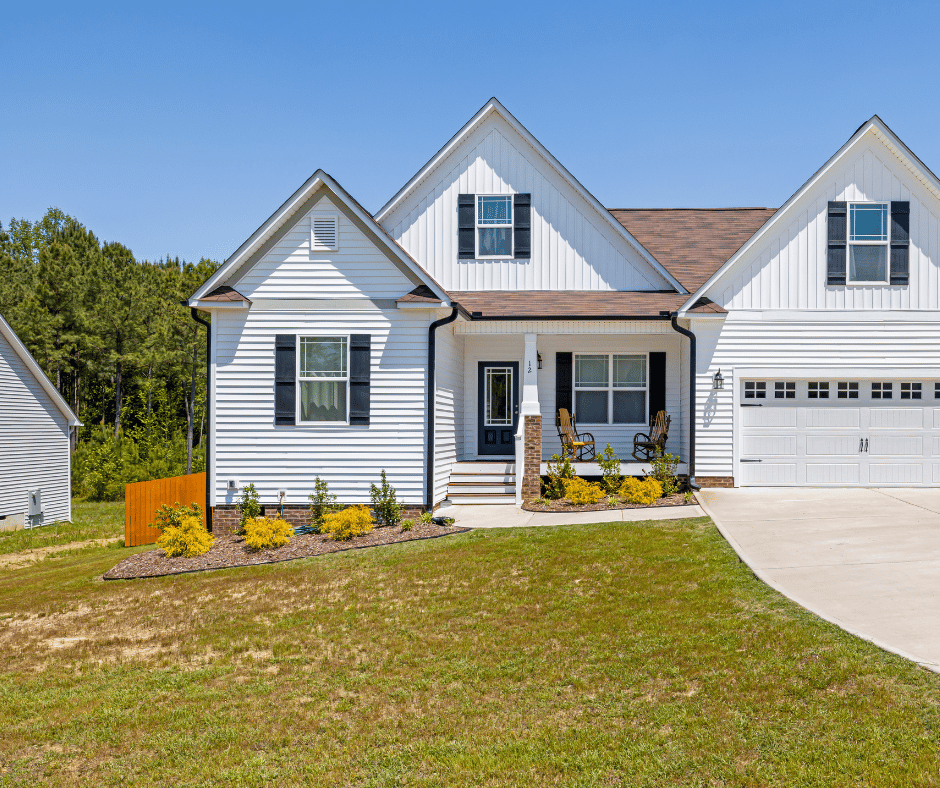



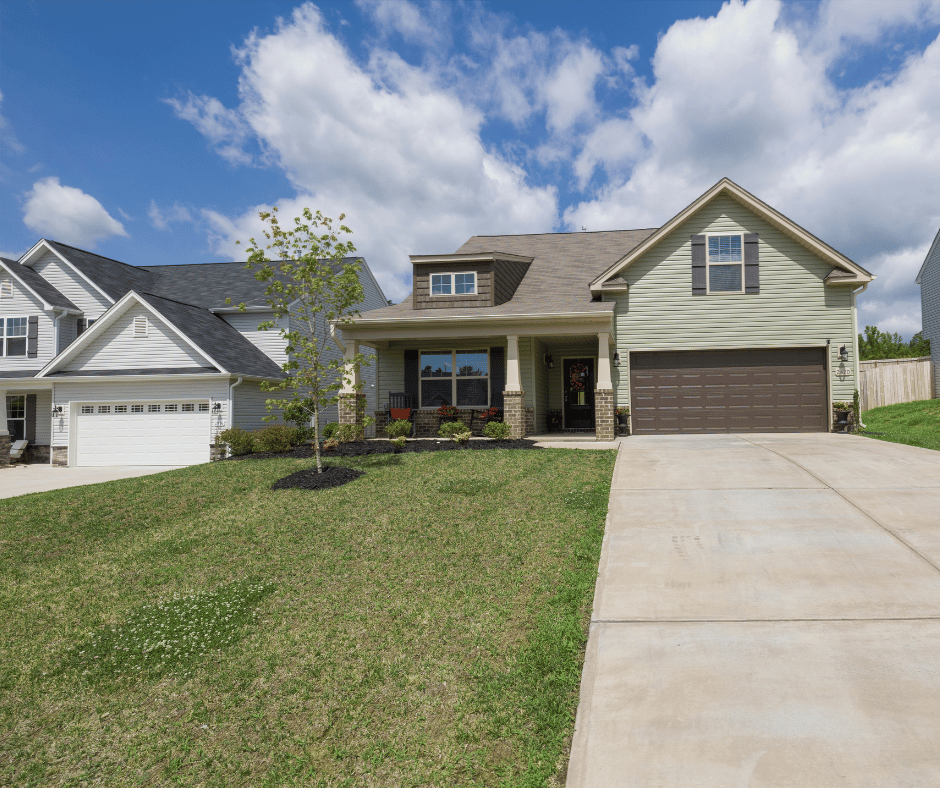



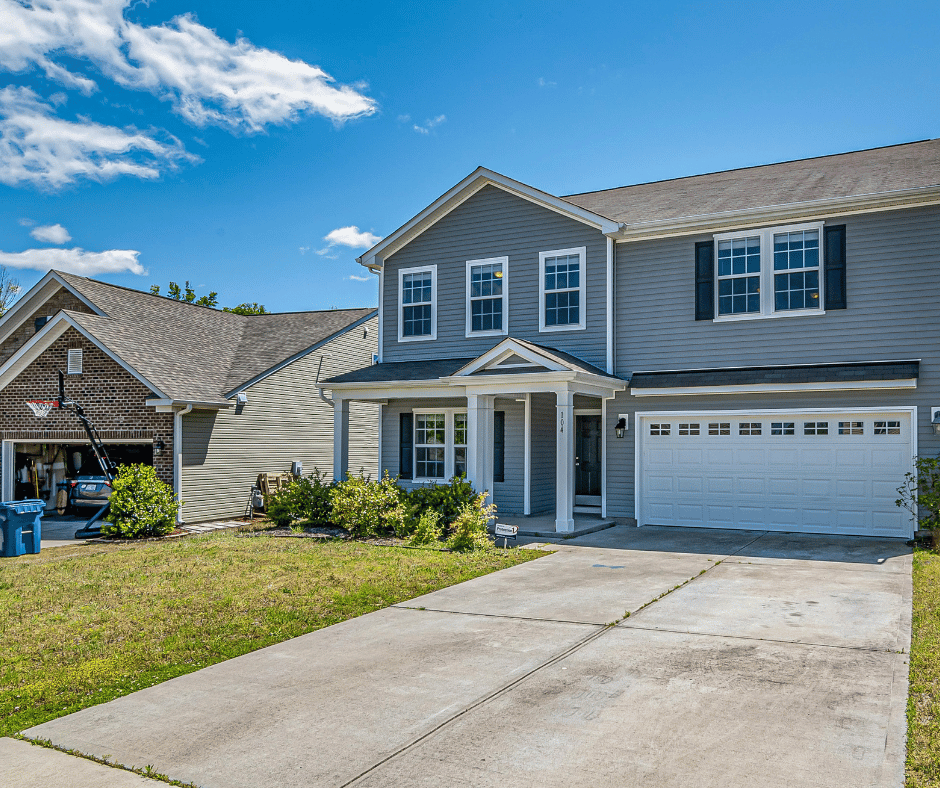











.png)



.png)













































































